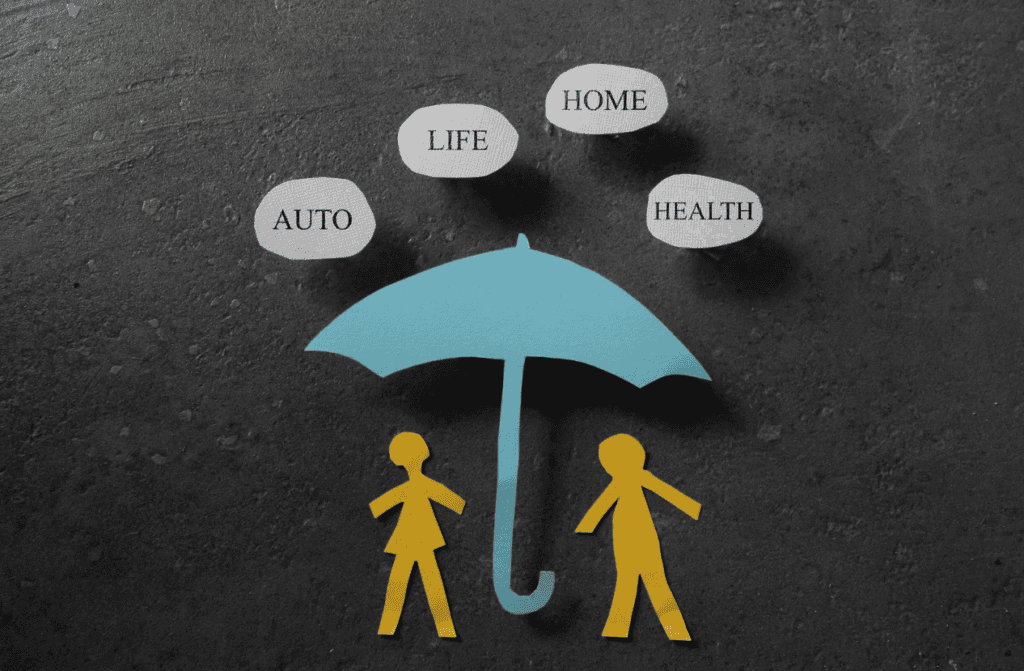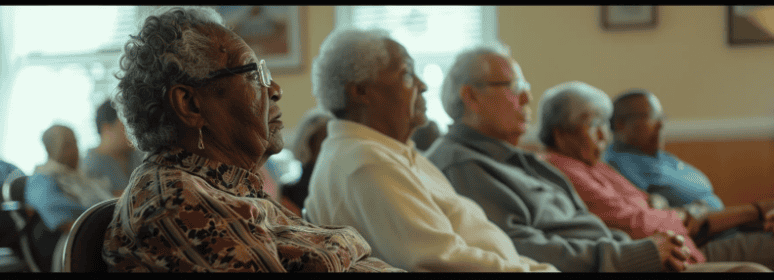In this post, let’s take a closer look at dating apps and consider how dating app algorithms can influence the potential for attraction for app users.
Key Takeaways
• Algorithms analyze data from all users and show profiles they “think” you’ll like.
• People put their best faces forward.
• The excitement of getting a match is dopamine at work.
• If the app keeps showing a certain look, you might develop an attraction.
• The seemingly endless stream of potential matc
Apps Show Profiles They Think Users Like
To curate matches, dating apps analyze user data, including likes, swipes, and messages. This means you mostly see people the app thinks you’ll like, reinforcing certain preferences (not necessarily your own). This affects potential attraction to a certain “type” based on what the algorithm feeds you.
Dating apps track micro-behaviors, including how long you view a profile, the kinds of photos you linger on, and your response time to messages. Over time, this data trains the algorithm to refine your suggested matches, sometimes reinforcing attraction to a particular physical appearance or personality trait. Users may unknowingly develop biases based on the app’s curated suggestions rather than their true organic preferences.

Fake Attraction Based on Optimized Profiles
Many users optimize their profiles based on what gets the most engagement, like visually appealing photos. This creates a “best version” of a person that may not fully match reality. When the attraction is built on polished profiles, real-life chemistry won’t necessarily follow.
Professional Dating App Algorithms & Attraction
Dating apps for professionals are superior to general-purpose apps in that they use specialized algorithms to curate matches based on career status, education level, and lifestyle preferences.
Professional dating apps prioritize factors like education, income, and job title to match users who align socially and intellectually. This reinforces the idea that attraction is linked to ambition, status, and shared professional goals rather than just physical appeal.
Some professional apps use AI-driven personality assessments, analyzing factors like work ethic, ambition, and long-term goals. Matches are based on deeper compatibility metrics rather than mutual swipes, influencing attraction through shared professional values.
Additionally, some AI-driven platforms assess communication styles and emotional intelligence, ensuring better alignment beyond surface-level criteria.
The Element of Gamification and Dopamine’s Role
Swipe-based dating apps are not unlike slot machines in that each match or like releases a small dopamine hit, and the uncertainty of who’s next keeps people engaged. As a result, users become addicted to the process and lose focus on developing a genuine connection.
In early 2024, the media reported that a class-action lawsuit had been filed against Match Group, the parent company of Tinder and Hinge. The claimants accused Match of using “dopamine-manipulating product features” to addict users.
The excitement of getting a match is due to dopamine at work, and unpredictability augments excitement. A new user won’t know what kind of profiles they might see when they open the app, and they also won’t know who might match with them.
This anticipation and surprise are crucial in getting users “hooked.” The London Daily News reports that 90% of singles feel addicted to apps, and 70% even think app use is affecting their mental health negatively. Estimates suggest the average dating app user spends almost an hour a day swiping, equivalent to around two weeks a year.
Neuroscientists suggest that this pattern triggers variable-ratio reinforcement, the same mechanism used in gambling to keep players engaged. The unpredictability of matches reinforces compulsive swiping, leading to a cycle of short-term attraction and long-term dissatisfaction. Studies show that users who spend excessive time swiping often report increased feelings of loneliness and lower self-esteem.
The Effect of Exposure
The more we see something, the more we might like it. If an app keeps showing a certain look, personality type, or demographic, we may develop a subconscious attraction—even if we wouldn’t have chosen that type otherwise. In this way, dating apps can reinforce racial, social, and physical preferences, narrowing one’s dating pool and making attraction feel “fixed.”
AI and deep learning tools filter out matches who might have developed a natural attraction in real life. Users become over-reliant on app-generated compatibility scores.
Studies show that 60% of dating app users trust the algorithm’s match suggestions more than their own instincts, further shaping how they perceive potential partners. This can limit organic relationship-building, as users rely too much on algorithmic filtering instead of exploring personal connections.
The Illusion of Infinite Choices
The seemingly endless stream of potential matches creates the illusion of vast choice. However, more options can make people pickier and less satisfied. As a result, they will chase an idealized attraction rather than focusing on real compatibility.
Psychologists call this the “paradox of choice”—when faced with too many options, people struggle to commit, fearing they might miss out on someone better. Instead of deepening connections, users keep swiping, believing the perfect match is just another profile away. This endless pursuit of perfection can make dating feel transactional rather than meaningful.
The Future of Dating App Algorithms
We can only hope algorithms will improve because dating apps aren’t going anywhere. Market revenue is predicted to reach $3.45 billion by 2029, with a correspondingly rising number of users—by 2028, there will be 65.86 million dating app users in the US alone. User penetration was 5% in 2024, and it’s projected to reach 5.7% by 2029, along with increasing demand for customized, mobile-first experiences.
Many dating platforms are already experimenting with AI-powered matchmaking and personality assessments. Future updates may focus on relationship success predictors, prioritizing emotional intelligence, communication skills, and long-term compatibility rather than just appearance-based swipes. Experts predict that AI will soon analyze real-time conversations to assess compatibility beyond profile-based metrics.
Conclusion
Dating apps shape attraction in ways we often don’t realize. By curating potential matches, reinforcing biases, and gamifying the experience, algorithms can subtly shift what users find appealing. While these apps provide a convenient way to meet people, they also create new challenges in building authentic connections.
As technology advances, users must remain aware of how algorithms influence attraction. Instead of relying solely on app-generated matches, individuals should trust their instincts and remain open to organic connections beyond the digital screen.
The key to meaningful relationships lies not in perfectly optimized profiles, but in genuine emotional connections that transcend algorithmic predictions. Ultimately, while dating apps can facilitate connections, real attraction and compatibility are built through deeper, face-to-face interactions.
Recap
• Apps show profiles they think users like.
• Fake attraction is based on optimized profiles.
• The element of gamification and dopamine plays a major role.
• The effect of exposure and the illusion of infinite choice shape attraction.
• The future of dating apps may shift toward deeper compatibility metrics.
• AI-driven platforms may soon assess emotional intelligence and communication skills.
By understanding these influences, users can navigate dating apps more intentionally, making better choices that lead to genuine relationships.





























